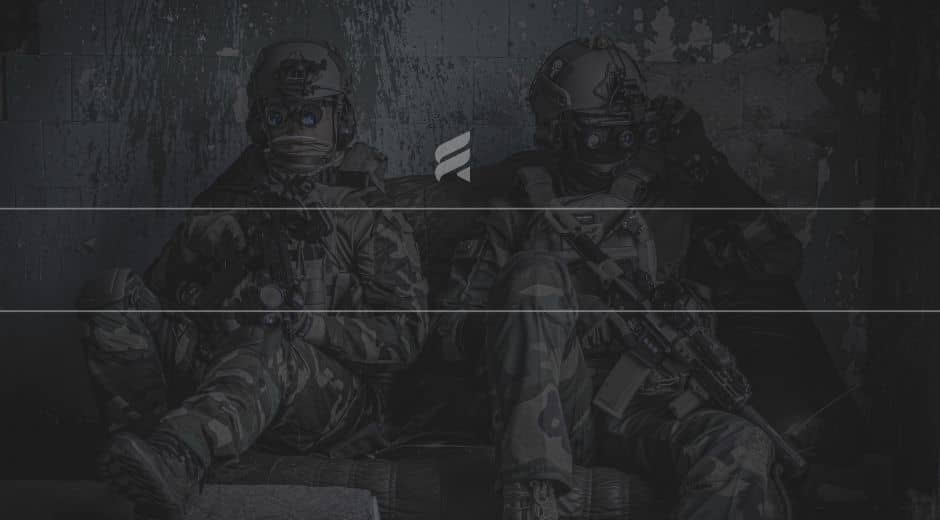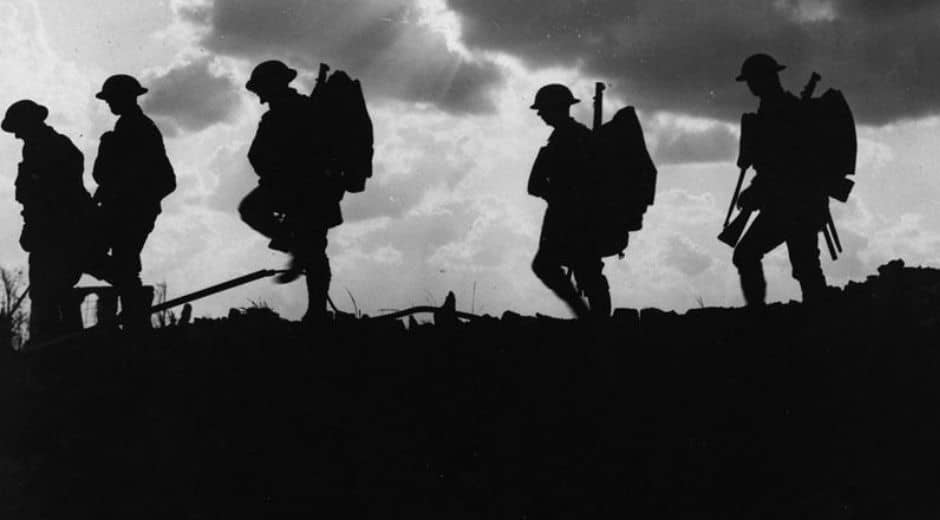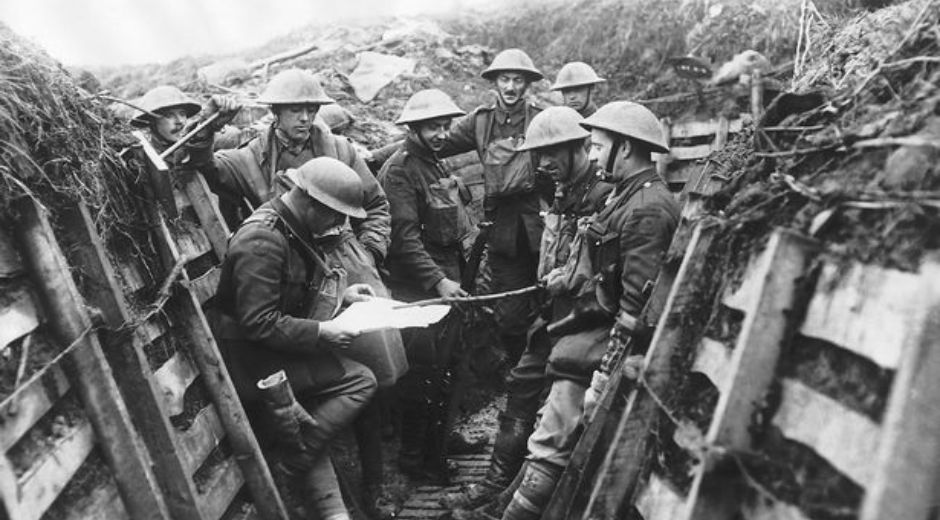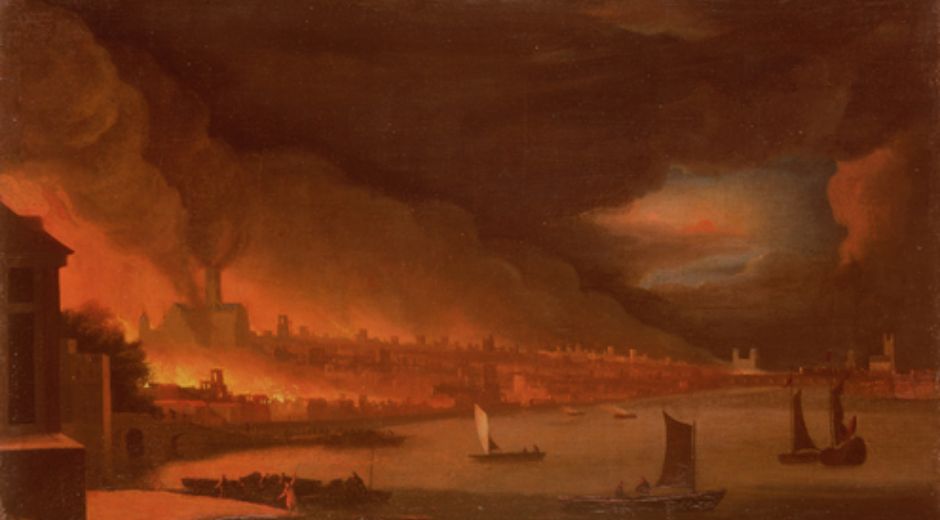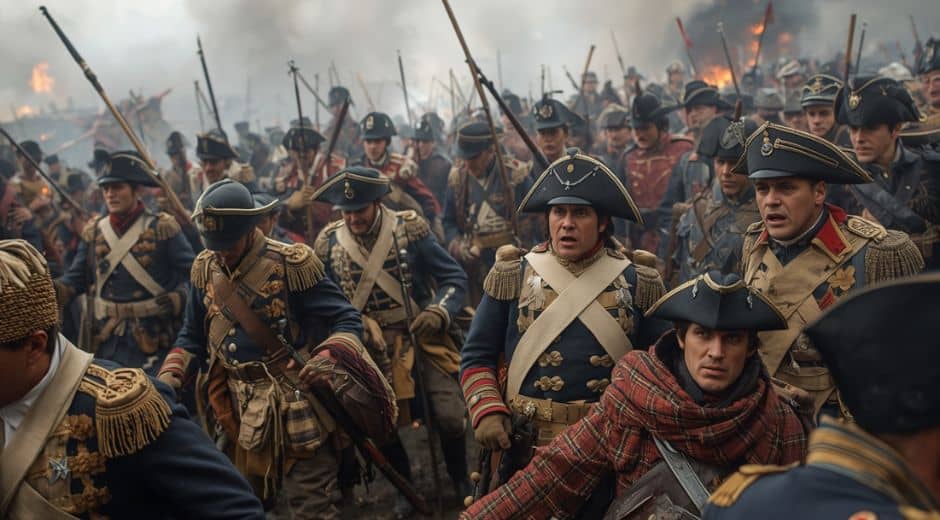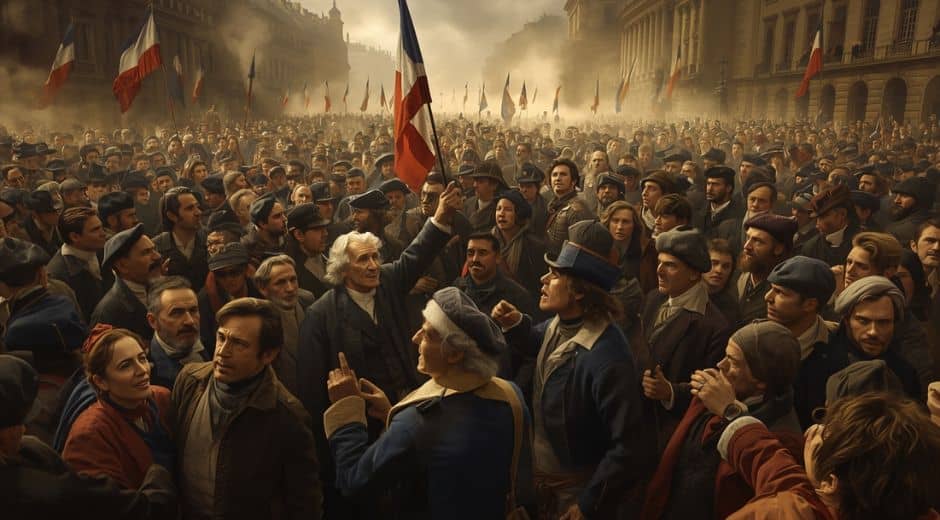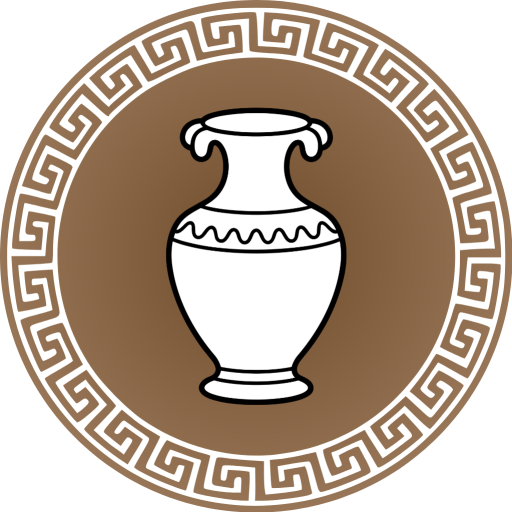5 Defining Moments That Changed the Course of World War I
5 Defining Moments That Changed the Course of World War I
A War That Redefined the World
World War I (1914–1918) was more than a clash between empires — it was a turning point that reshaped politics, borders, warfare, and ideologies worldwide.
What began as a regional conflict escalated into a global war involving over 30 countries, causing immense human suffering and geopolitical shifts that still echo today.
The war’s outcome wasn’t determined by a single battle or leader, but by critical moments that changed its course — forever altering the trajectory of the 20th century.
1. The Spark in Sarajevo (June 28, 1914)
The assassination of Archduke Franz Ferdinand of Austria-Hungary in Sarajevo set off a chain reaction that ignited the First World War.
Gavrilo Princip, a Bosnian Serb nationalist, pulled the trigger — but the real explosion was diplomatic. Within weeks:
Austria-Hungary declared war on Serbia.
Russia mobilized in defense of Serbia.
Germany declared war on Russia and France.
Britain entered to protect Belgium.
A single act of violence unraveled a web of alliances, thrusting the world into its first truly global war.
👉 Learn more about the political figures behind these decisions in The Architects of WW1: Leaders Who Shaped History.
2. The Western Front Stalemate (1914–1917)
Few images capture the tragedy of WWI like the trenches. What was supposed to be a short war became a brutal stalemate stretching from the North Sea to the Swiss border.
Key elements of this deadlock:
Machine guns and barbed wire made assaults devastatingly costly.
Chemical warfare introduced a horrifying new reality.
Soldiers endured years of mud, disease, and psychological trauma.
This period marked a shift from romanticized notions of war to the grim reality of industrialized slaughter.
3. The Entry of the United States (April 1917)
When the United States entered the war, it changed everything.
While the Allies had been exhausted by years of stalemate, American troops and resources injected fresh strength into the war effort.
Why the U.S. joined:
Germany’s unrestricted submarine warfare threatened American ships.
The Zimmermann Telegram, which revealed German plans to ally with Mexico, stirred outrage.
American involvement tipped the balance, helping the Allies launch a successful counteroffensive and weakening German morale.
4. The Collapse of Empires (1917–1918)
World War I didn’t just claim lives — it toppled empires.
The Russian Empire fell in 1917, leading to the Bolshevik Revolution.
Austria-Hungary fractured under nationalist movements.
The Ottoman Empire disintegrated after years of costly campaigns.
Germany faced internal unrest that paved the way for its surrender.
These collapses redrew the world map, giving birth to new nations and sowing the seeds for future conflicts, including World War II.
5. The Treaty of Versailles (1919)
The war ended on November 11, 1918 — but its legacy was cemented at the Treaty of Versailles the following year.
Key outcomes:
Germany accepted blame for the war.
Harsh reparations were imposed.
League of Nations was formed to prevent future conflicts.
However, the treaty also planted the seeds of resentment, creating conditions that would lead to another global conflict just two decades later.
How These Moments Shaped the Modern World
These turning points didn’t just end a war — they transformed nations:
Borders were redrawn.
Democracies rose and fell.
Warfare became mechanized and impersonal.
Global politics shifted toward fragile alliances.
The shadow of WWI extended deep into the 20th century, influencing diplomacy, technology, and international relations.
The War Through Culture and Film
World War I’s impact goes far beyond history books. It has inspired countless works of art, literature, and cinema — from trench poetry to epic war films.
For those interested in exploring the war’s emotional and cultural legacy, MovieFil.com offers powerful recommendations for historical films and documentaries that bring these pivotal moments to life.
Conclusion: Moments That Shaped History
World War I stands as a reminder that history can change not through grand gestures alone, but through a series of defining moments — moments that ripple through generations.
🕊️ “History isn’t made in a single stroke — it unfolds in moments.”
Understanding these turning points isn’t just about remembering the past. It’s about recognizing how quickly the world can change — and learning from it.
History Insight Legacy
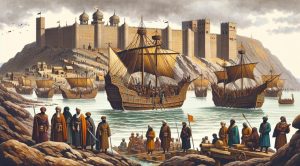
How Imperial Expansion Changed Borders And Cultures Forever
How Imperial Expansion Changed Borders And Cultures Forever
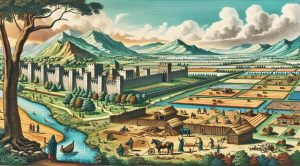
The Rise And Fall Of Early Kingdoms In World History
The Rise And Fall Of Early Kingdoms In World History

Lost Civilizations And What Archaeology Reveals About Them
Lost Civilizations And What Archaeology Reveals About Them
